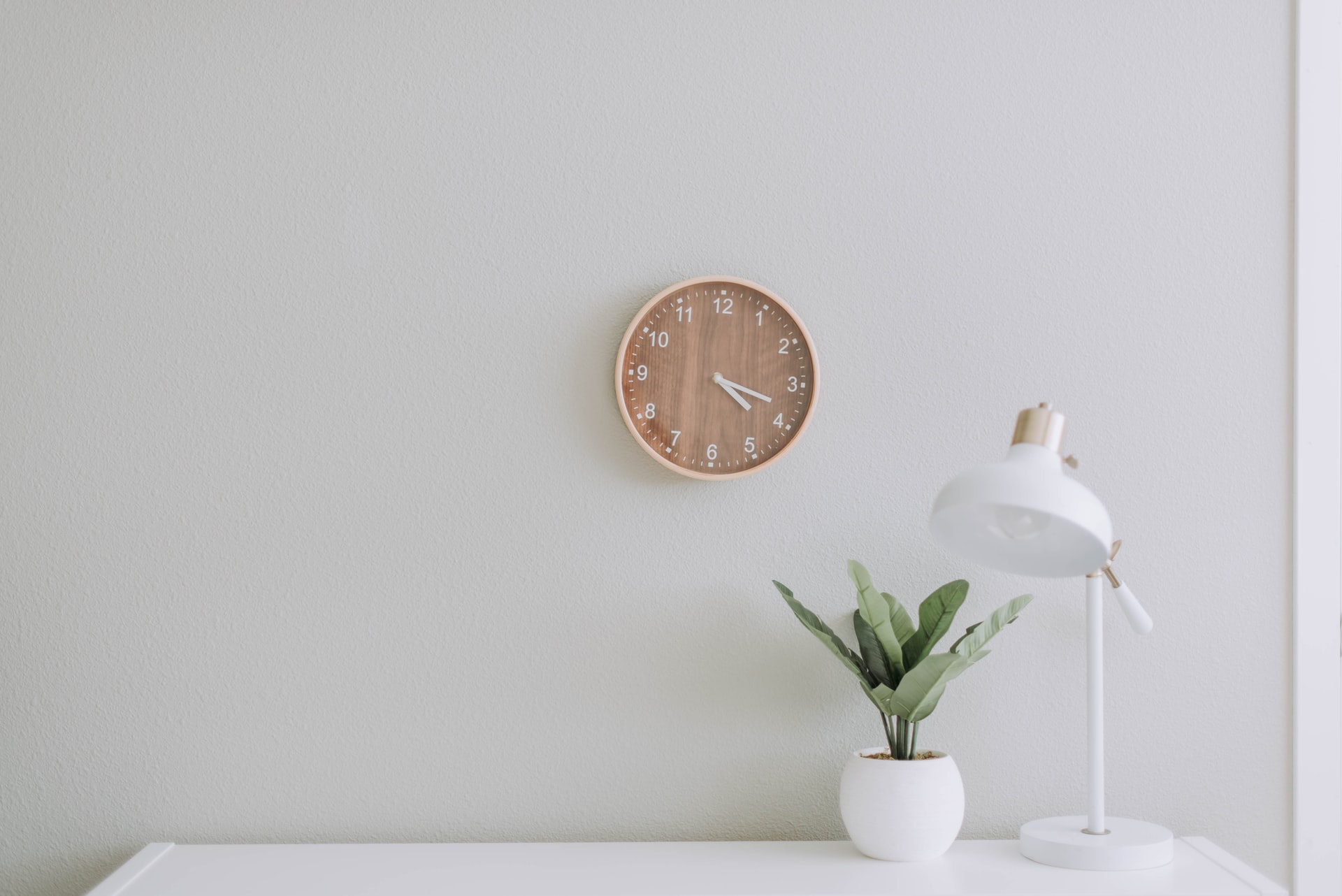5 steps to practice mindful living during the corona lockdown
May 18, 2020 — Dr. Ananya Awasthi
The Coronavirus outbreak has been one of the biggest public health emergencies of our lifetimes. The world has nearly come to a standstill; dealing with the unprecedented impact of the outbreak on our health, economy and society. Research has shown that one of the biggest protective factors for making communities more resilient following a disaster or trauma, is access to “social connections” and “social networks” [1]. But the social distancing measures puts us in a disadvantaged position to deal with the stress and anxiety arising out of the current crisis.
Yet the Coronavirus crisis can be an opportunity to press the reset button in our lives. Since we are all living under varying degrees of lockdown, we may have a tendency to simply let the days pass by, motivated by our own subconscious habits and limitations. Instead, why not make the best use of this time and find your own silver lining. Use this forced break to re-invent your mind, body and spirit, and introduce yourself to mindful living!
Before we get there, it is important to clear up an important misconception. Being in deep meditation up there in the Himalayas, is not the only way to practice mindful living. You can practice mindfulness in your day to day life. Follow the 5 simple steps below to make a start today.
1. Self-reflection
Forget that you ever read this blog. Randomly on a day and time next week, take a moment and evaluate whether you are paying 100% attention to your present.? On a scale of 1 to 10, how involved are you with the task at hand. Are you preoccupied with what happened days or months ago; or are you spending most of your time worrying about the future? Start reflecting on this question and in that context read the below take-aways on how to practice mindfulness in your daily lives.
2. Practicing mindfulness
Mindfulness starts with being conscious of your existence. Bring all your attention to the “now” and “present”. Be aware of each passing thought or feeling without any judgement or evaluation. Pay attention to how your body feels, be receptive to the sounds you hear and start acknowledging your emotions. Simply observe things as they happen without any judgement or explicit reaction.
3. Start taking conscious, long, deep breaths
Mindful breathing or Pranayam, as it is known in the yogic traditions, has a positive effect on the autonomic nervous system that oversees the ability to regulate emotions and manage stress. Just as emotions can influence the rate, depth and pattern of breathing, similarly conscious and deep breathing can decrease anxiety and reactivity, leading to greater composure and improved attention span.
4. Learn the art of de-centring
As we start focusing on our mental processes, we may encounter negative thoughts and emotions. In such a situation, try to perceive these thoughts as factual or objective events rather than getting emotionally involved in the process. See things in perspective and try to minimize your reactivity to negative emotions and experiences.
5. Mindful use of social media.
While the use of social media is almost a living reality, we can start with putting some healthy limits on our media usage. Excessive exposure to media, especially coverage of the Coronavirus, can be quite anxiety provoking. You could set aside a “media/social media” free zone in your house. This could provide a peaceful environment to begin your journey towards a mindful living.
Try some of the tips above and write back to us with your learnings and experiences. Maybe, some of them may inspire you to start looking inside!
In addition to the above, evidence suggests that having a purpose or mission in life can significantly improve your health and wellbeing. In times of Coronavirus pandemic, volunteering to help others in greater need, can be an important pathway to explore this sense of purpose…
Dr. Ananya Awasthi
Masters in Global Health from the Harvard School of Public Health
[1] -Platt, J. M., Lowe, S. R., Galea, S., Norris, F. H., & Koenen, K. C. (2016). A longitudinal study of the bidirectional relationship between social support and posttraumatic stress following a natural disaster. Journal of traumatic stress, 29(3), 205-213.
Medito, our free-forever mindfulness and meditation app is now available for download on the App Store (iOS) or Google Play (android)